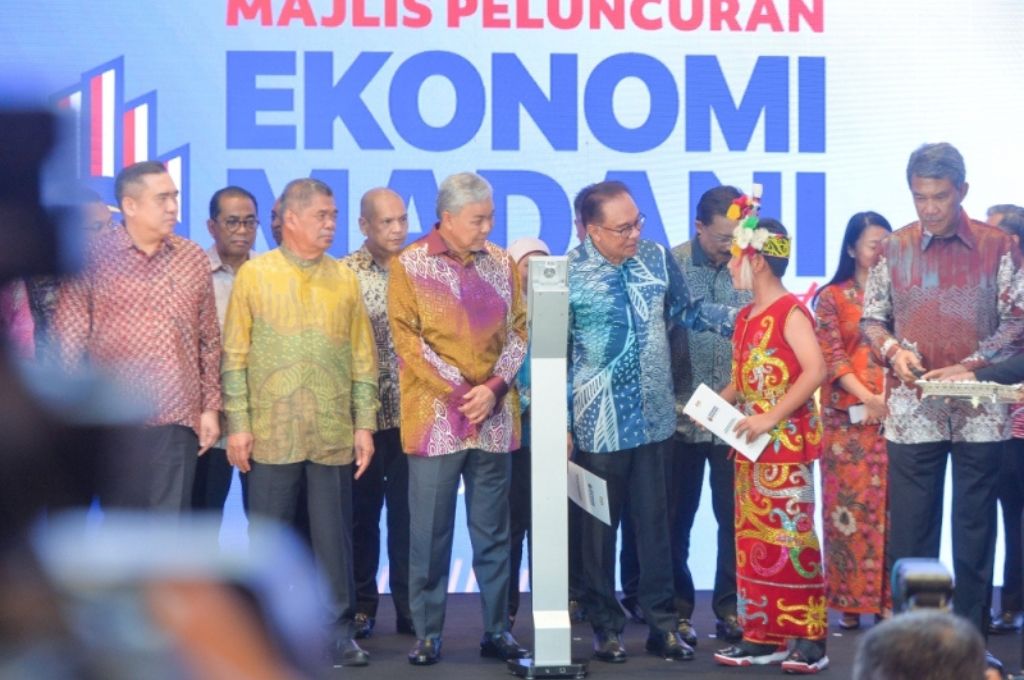Malaysia sets its sight on an ambitious economic feat: ascending to the world’s top 30 largest economies within a decade from its current 37th position, according to 2022 World Bank data. Prime Minister Datuk Seri Anwar Ibrahim, who also serves as Finance Minister, outlined a strategic blueprint focusing on regional integration and enhanced competitiveness to propel the Southeast Asian nation to this lofty goal.
Addressing a gathering at the launch of the Madani Economy: Empowering the People, Anwar set the bar high. “Aim not for just a decent growth of 4 to 5 per cent,” he urged, “but strive hard through implementation of reforms to possibly generate an impressive 6 per cent growth.”
A cornerstone of the plan is enhancing economic complexity and climbing the value chain. This includes forging deeper economic ties with regional neighbours, fostering competitive local companies to penetrate the ASEAN market, and strategizing beyond free trade agreements.
“Trade diplomacy and strategic arrangements,” Anwar highlighted, “can facilitate the movement of goods, capital, human resources, and foster technology sharing with neighbouring countries, particularly in the face of global supply chain disruption.”
Under the umbrella of the Madani Economy framework, Malaysia aims to accomplish several benchmarks within the next ten years. This includes featuring among the top 12 in the Global Competitiveness Index, increasing women’s workforce participation to 60%, attaining a spot in the top 25 on the UN Human Development Index and the Corruption Perception Index, ensuring fiscal sustainability, and hiking employees’ compensation to 45% of the GDP.
The government will back these goals with tax incentives to motivate businesses focusing on high-impact activities. “We must implement reforms so that Malaysia will be counted among the world’s 12 best economies in terms of competitiveness and ease of doing business,” Anwar emphasized.
He also underscored the significance of attracting high-profile investment commitments and supporting the internationalisation of local startups and SMEs. To boost startups and technopreneurs, an additional fund of RM1 billion will be invested jointly by the government and GLICs. Micro, small, and medium enterprises will receive RM100 million for digital transition, with an extra RM400 million allocated for micro-loans under various agencies.
Facing fiscal challenges, Anwar assured Malaysians that despite necessary fiscal reforms, the government will not overlook their living costs and will continue providing support to those in need.
The news is based on an article from malaymail.com.

















